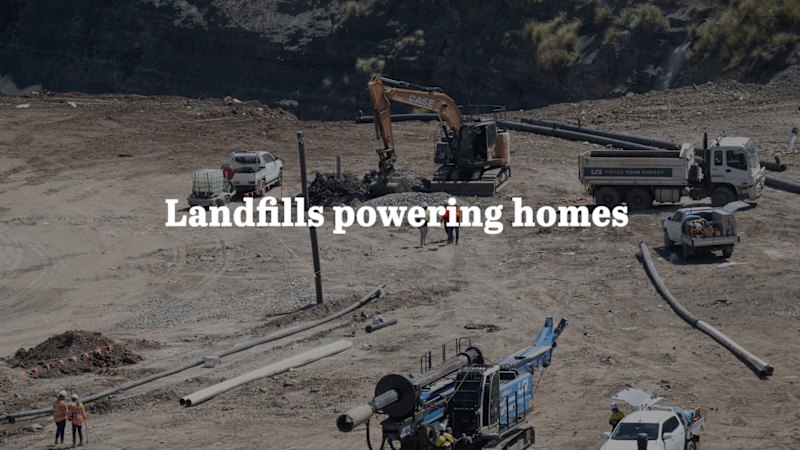
As the world seeks sustainable energy solutions, methane extracted from landfills is emerging as a vital resource for powering homes. This renewable energy source, derived from decomposing organic waste, is transforming waste management practices and contributing to carbon emissions reduction efforts.
Methane emissions from landfills account for a significant percentage of global greenhouse gas emissions. According to the United Nations Environment Programme, these emissions can be harnessed and converted into usable energy, effectively turning waste into a valuable resource. This innovative approach not only addresses energy needs but also mitigates the environmental impact of waste disposal.
The Energy Production Process
The process begins with the natural decomposition of organic materials in landfills. As waste breaks down, it produces methane, a potent greenhouse gas. By installing biogas capture systems, municipalities can collect this gas before it escapes into the atmosphere.
Once captured, the methane can be processed and converted into electricity or heat. For instance, facilities in the United States and Europe have successfully implemented such systems, generating enough energy to power thousands of homes. In 2023, the U.S. Environmental Protection Agency reported that landfill gas-to-energy projects produced approximately 15 billion kilowatt-hours of electricity, enough to supply around 1.3 million homes.
Environmental and Economic Benefits
Utilizing landfill methane not only supports energy production but also has substantial environmental benefits. By capturing methane that would otherwise contribute to climate change, these projects help reduce overall greenhouse gas emissions. The World Bank estimates that effective landfill management could cut emissions by as much as 50% in some regions.
Moreover, this renewable energy source contributes to local economies. The construction and operation of biogas facilities create jobs and stimulate investment in waste management infrastructure. Communities that adopt this technology benefit from lower energy costs and increased energy independence.
Some regions have already taken significant steps toward integrating landfill gas into their energy systems. In the United Kingdom, the government has set ambitious targets for renewable energy production, including increasing the share of energy generated from waste. Initiatives like the Renewable Heat Incentive encourage businesses and municipalities to invest in biogas technology.
The transition to renewable energy sources, including landfill methane, is essential as nations work toward meeting international climate commitments. As outlined in the Paris Agreement, significant reductions in carbon emissions are necessary to limit global warming.
In conclusion, the extraction and utilization of methane from landfills represent a promising solution in the quest for renewable energy. By turning waste into a resource, communities can address energy needs while simultaneously protecting the environment. As the global energy market evolves, the role of landfill gas is likely to grow, providing a cleaner and more sustainable energy future.







